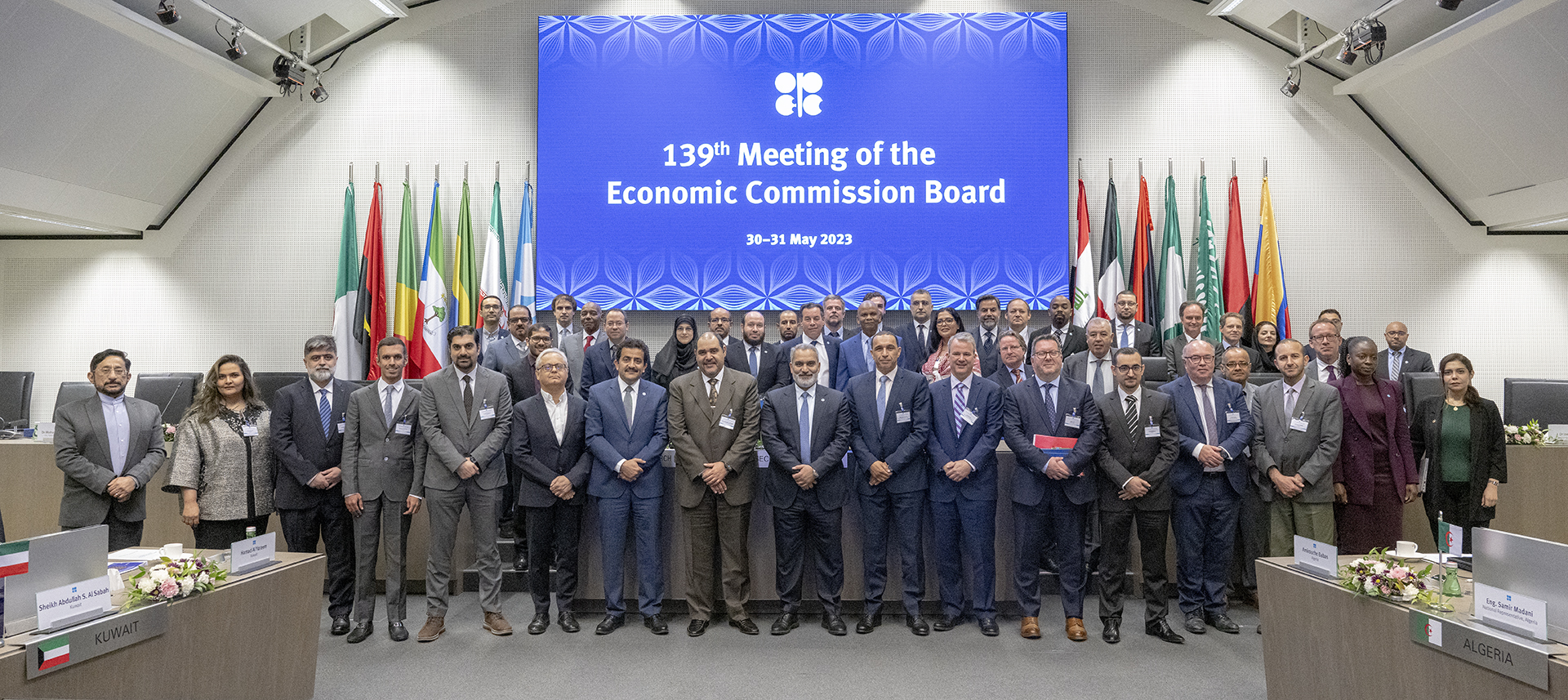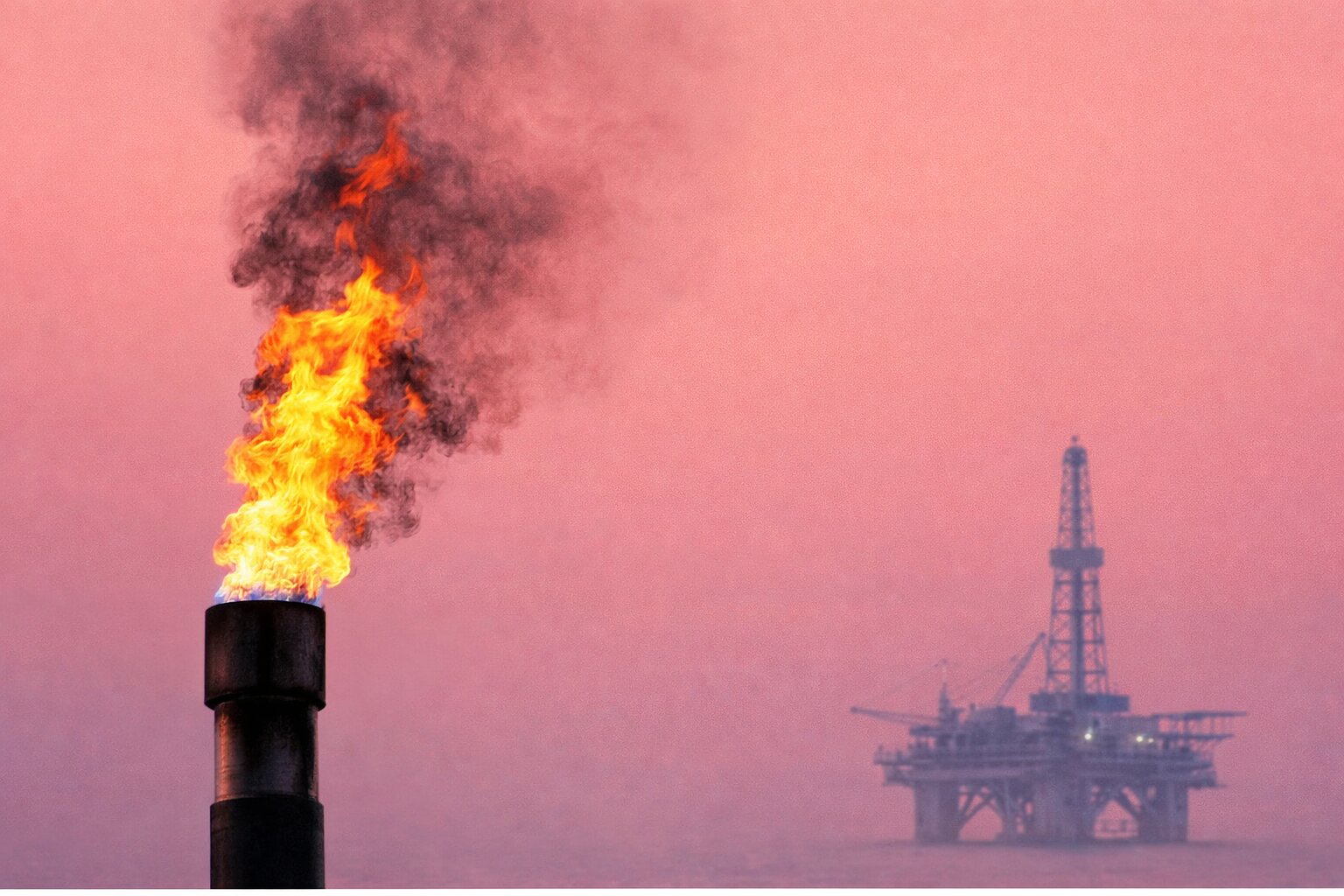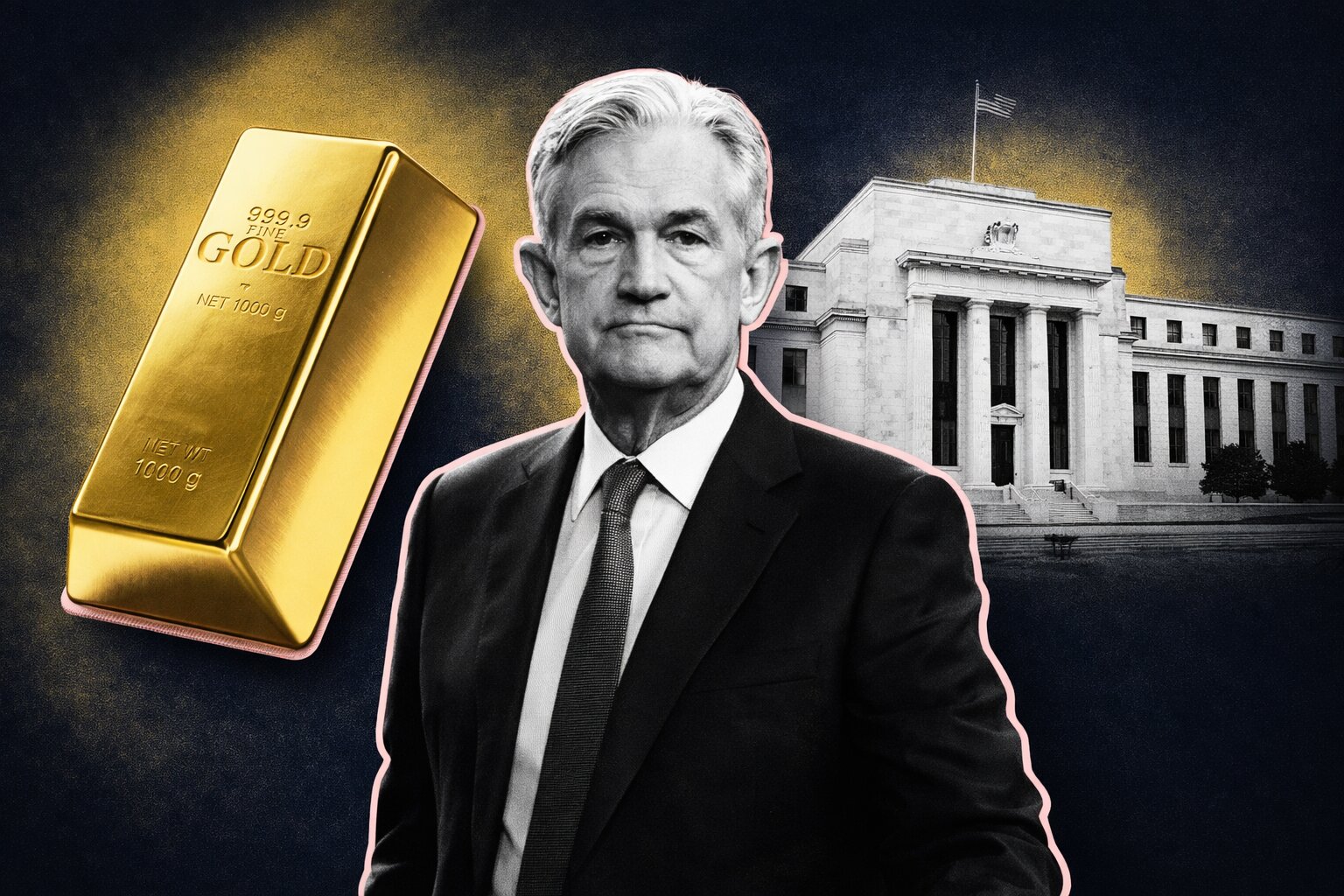
OPEC+ Decisions Set to Reshape Global Oil Landscape: A Production Cut of 4.66 Million BPD on the Table
Anxious Eyes on OPEC+: A New Deal Involving A Major Production Cut Could Reshape Global Oil Markets and Influence 40% of the World's Crude Output
The intersection of energy policy and international affairs is a deeply intricate web that often finds itself at the very center of global economic dynamics. A powerful testament to this delicate interplay was displayed at the recent OPEC+ meeting, a coalition of 23 countries including Russia, where the looming question of further oil production cuts was addressed. The ramifications of this decision are far-reaching, as OPEC+ is responsible for approximately 40% of the world’s oil output.
This congregation of the world's oil-producing nations in Vienna was initially delayed by a few hours due to significant sideline discussions concerning the calculation of production baselines, essentially the benchmarks used to define production cuts and quotas. The stakes were high, the ambiance tense, and every nuance of the discourse was carefully scrutinized by a global audience.
As news trickled out, four separate sources - all deeply entrenched in the discussions - revealed to Reuters that further production cuts were among the options being considered. Interestingly, three out of these four sources suggested these cuts could amount to an additional 1 million barrels per day (bpd) - this figure would be on top of the existing cuts of 2 million bpd and voluntary reductions of 1.6 million bpd, which were surprisingly announced in April and became effective in May. If approved, these adjustments would bring the total volume of cuts to 4.66 million bpd, representing about 4.5% of global demand.
April's surprise announcement had momentarily boosted oil prices by approximately $9 per barrel, raising the cost to above $87. However, such increases were short-lived, quickly succumbing to pressures associated with concerns about global economic growth and oil demand. Consequently, the international benchmark Brent settled at $76 by the Friday preceding the meeting.
The highly influential and largest Gulf producer, Saudi Arabia, emerged as a pivotal force during the negotiations. Last week, the country's Energy Minister, Prince Abdulaziz, cautioned investors who were betting on a fall in oil prices to "watch out" - a statement widely interpreted as a potential signal of additional supply cuts.
While the discussions were broad-ranging, specific issues stood out, notably the topic of baselines for 2023 and 2024. This matter has a history of inciting controversy within the group. Nigeria and Angola, for instance, have consistently been unable to meet their production targets. Nevertheless, they have resisted the notion of lowered baselines, fearing that new targets might necessitate actual production cuts.
In stark contrast, the United Arab Emirates has persistently demanded higher baselines in accordance with its increasing production capacity. However, this could potentially result in a decrease in its share of overall cuts. The debates around these baseline adjustments exposed the delicate interplay of power, negotiation, and diplomacy within OPEC+, as members grappled to reach a consensus that would safeguard their respective national interests.
The actions of OPEC+ have often been viewed through a lens of suspicion by Western nations, which have frequently accused the organization of manipulating oil prices and causing detrimental effects to the global economy via high energy costs. The geopolitical tension further intensified with the West blaming OPEC+ for aligning too closely with Russia, despite Western sanctions imposed on Moscow following its invasion of Ukraine.
In response to such allegations, insiders within OPEC+ have pointed out that the excessive money printing by the West over the past decade has ignited inflation, necessitating oil-producing nations to take actions to preserve the value of their primary export. Furthermore, Asian countries such as China and India have been purchasing the majority of Russian oil exports and have chosen not to partake in the Western sanctions against Russia.
The meeting also witnessed a noteworthy altercation concerning media access to OPEC's headquarters. Multiple news outlets, including Reuters, were denied entry, leading to journalists having to interview delegates off-site.
Despite the intense discussions and disagreements, an agreement was eventually reached to extend output cuts into 2024, according to a delegate present at the meeting. The details regarding the size of supply reductions were, however, not disclosed. As part of this agreement, Saudi Arabia will make an additional voluntary supply cut.
This decision came following a late clash with African members over the measurement of their production cuts. The contention led to the meeting being delayed by several hours and spurred a series of smaller side meetings as ministers wrangled over the details.
Read More
-
IVV ETF Price Forecast: Is $684 Still Worth Paying For S&P 500 Exposure?
14.02.2026 · TradingNEWS ArchiveStocks
-
XRP ETF Rally: XRPI at $8.09 and XRPR at $11.60 as XRP-USD Rebounds Toward $1.47
14.02.2026 · TradingNEWS ArchiveCrypto
-
Natural Gas Futures Price Holds Around $3.20 as Storage Tightens and Winter Premium Fades
14.02.2026 · TradingNEWS ArchiveCommodities
-
USD/JPY Price Forecast: Yen Strength Turns 152 into a Make-or-Break Level
14.02.2026 · TradingNEWS ArchiveForex



















